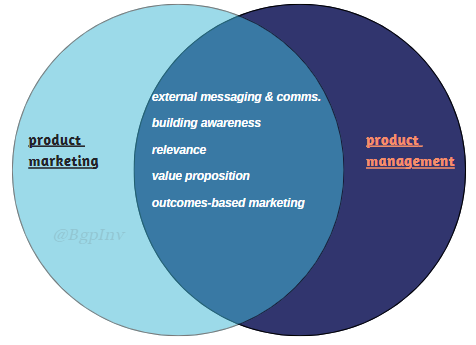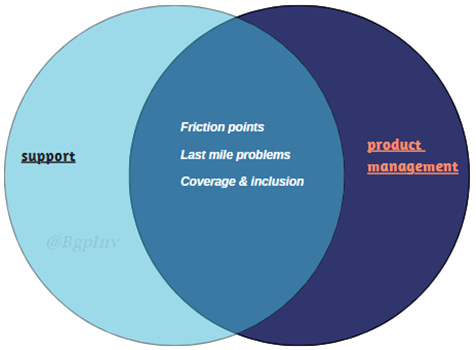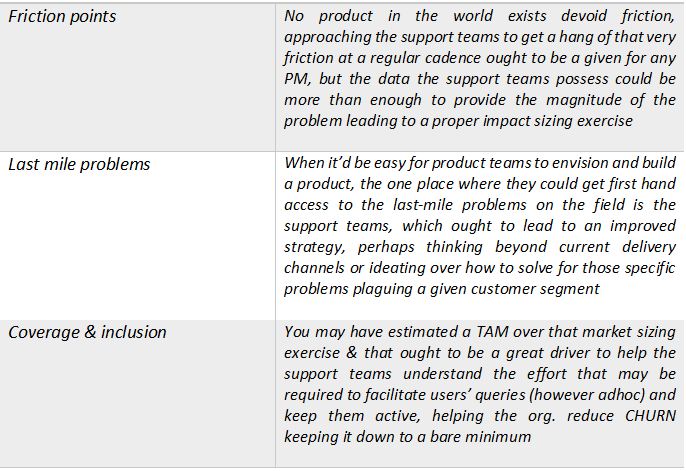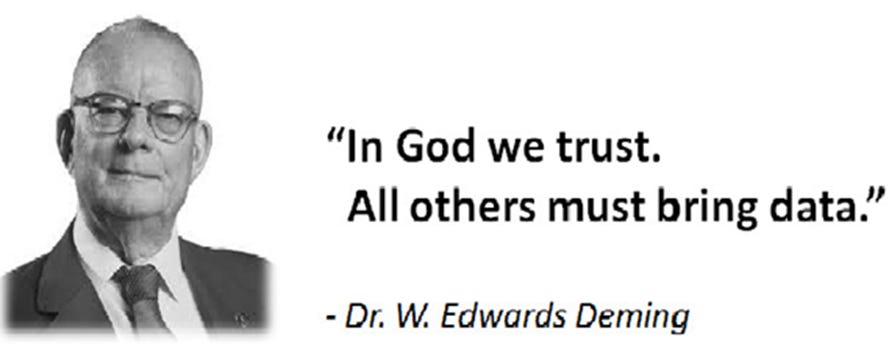High visibility; High agency; High leverage!
If you happen to be managing teams whatever type or size, leverage ought to be your best friend, provided you understand its shortcomings & the environmental constraints you are operating under.
What is Leverage?
Talking of leverage the one thing that comes to mind instantly & prominently is the Financial Leverage Ratios given by the generic equation:
Leverage Ratio = Total Debt / Total Assets
It is used to measure the amount of debt an organization has borrowed as opposed to the total value of the assets it can generate over a given cohort and by gauging it one’d be able to estimate how quick the organization would pay off those borrowings helping arriving at its valuation and credit standing. Without getting too deep into finance now, there are many such ratios employed for this purpose, some of which are: D/E (debt-equity) ratio, equity multiplier, consumer leverage ratio, degree of leverage.
The concept of leverage is so powerful that Management Inc. as a channel acknowledges it using an adaptation as the LOGO, so as to represent a balance between “all things representing management” and the outcomes represented by “the total value added”.
Leverage & its application
Interestingly, I had a few conversations with people who come from non-product backgrounds and don’t quite have a complete hang of what product management is all about. I was amazed when one of them actually quoted that “knowledge isn’t as important” as being able to converse freely with everyone on the team & PMs may be experts in pulling that off when others seemed to carry beliefs that were more on the lines of, “PMs mostly have a magic wand and they know when to use it, for what & where”.
Truth is always bitter!
“Neither does a PM possess any magic wand nor the powers of sorceries / wizardry”!
“There is no magic wand that can make someone a good PM. It boils down to how well a PM can understand the skills one has built over their previous experiences and is able to quickly elevate oneself in terms of discerning how to put that skill to the best use by scoping all environmental constraints, not discounting the need to experiment with it to get a hang of what works and what doesn’t so as to build one’s own handbook.”
The PM Interfaces
Let’s now go over each and every interface a PM has over his regular workflow and explore what it would take to effectively leverage one’s skills.
Let’s start off with the market-fronted teams.
01) MARKETING
If you have ever had a stint interfacing with candidates during hiring, you’d be familiar with this:
“Improved mobile app engagement by 3x leveraging by marketing teams to target better positioning & incrementally improving it thereof”
Let’s slice this very quote up and delve a little deeper.
When one talks of leveraging skills so as to be able to influence marketing teams effectively one would refer to one or more of these traits:
02) SALES
Sales is the most tangible, visible & desired outcome for any org. Being able to drive sales could be a normal expectation that it may not even be explicitly quoted anywhere over the job description for product roles across the world.
Talking about leveraging skills as pertinent to sales, a PM could double their chances of fitting in if they happen to know these concepts & their application:
03) SUPPORT
When you are browsing products online over D2C or F2F at a storefront the one thing that most look for is the post-sales support, immediately after understanding the value proposition that is. Orgs. hitting billion-dollars in sales revenues could have remained buried as unfulfilled dreams nailed tight to those coffins if not for amazing teams supporting the product in the background, fielding user’s queries - however major or minor they may be.
And here are a few things that one ought to leverage well:
Now, on to the other interfaces a PM has to be able to leverage over the workflow where data does play an absolutely crucial role in influencing.
04) EXECs
If there ever was a place where this Dr. W Edwards Deming quote, this ought to be it. One is not going to go get away with influencing the EXECs unless one finds, leverages data and is able to do it pretty well.
05) LEADERSHIP
Influencing leaders could be the toughest for any manager given how it is all transparent as it is the immediate role above and they’d be able to associate closely with all the work undertaken. Managers often do report into leadership and an efficient way to go about the workflow is to get down to leveraging the ability to operate within confines of the scope, ALWAYS!
06) SOLUTIONS
Although the product build usually comes last (after all the planning, scoping, research & discovery phases), it’s the most crucial as it essentially is the tangible entity passed on to the market forming the basis of all interaction between the organization and the users, user groups. Leveraging skills here ought to obviously be bent towards helping those teams decipher the outputs and provide the understanding of how it circles back to outcomes.
Remember:
A PM’s (just as much as any other managerial) job is that of high agency, high visibility & most certainly high leverage given today’s work environment.
If you’re looking to be successful over that managerial role you’ve taken up afresh / over your new job, ensure you take time understanding the organizational set up, teams involved, how they’re wired whilst scoping & honing the skills you might have gained over your previous experiences to pitting them against the wherewithal the org. does so often care so deeply about.




















